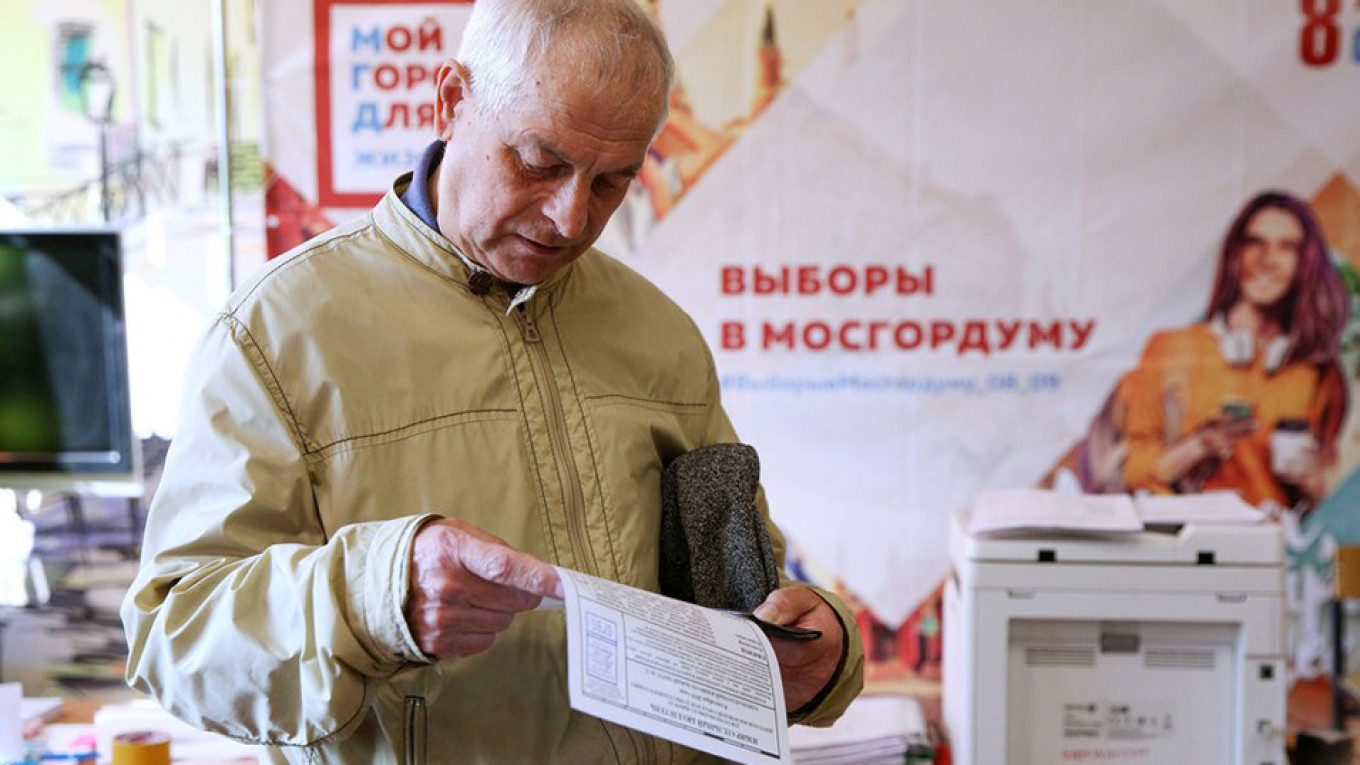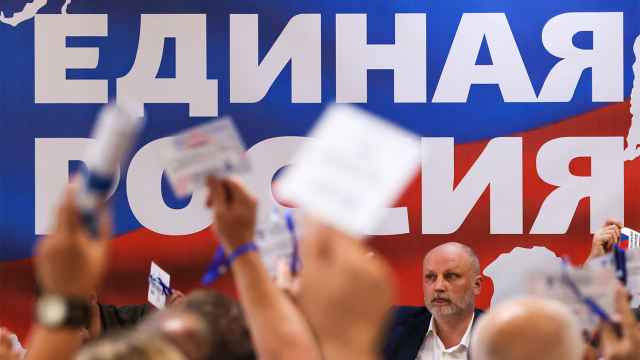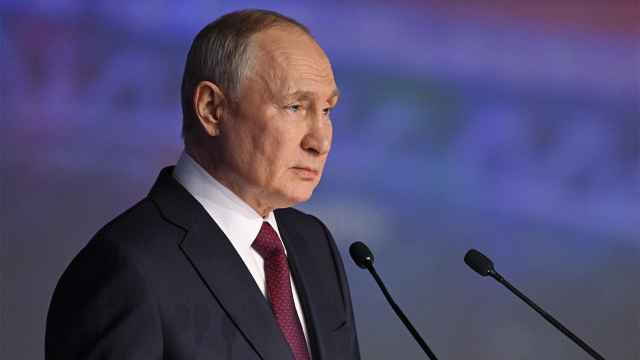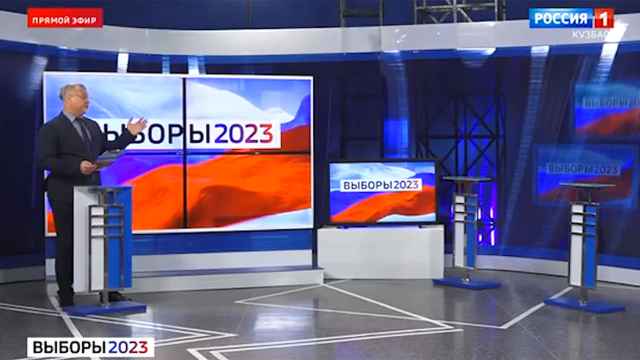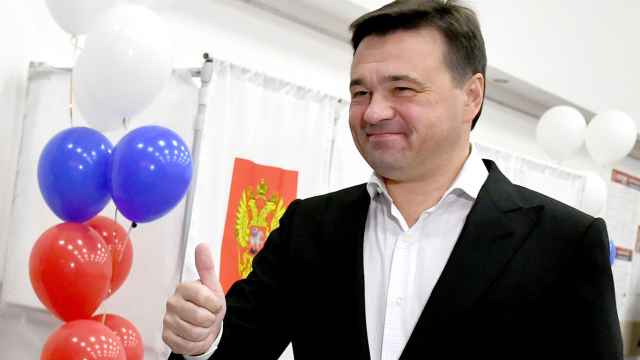Will State Duma elections — currently scheduled for September 19, 2021 — be pushed forward?
This might seem like an innocent and legitimate question following the constitutional shakeup announced by Putin during his January 15 Address to the Federal Assembly. But the topic has ruffled feathers and added to the sense of uncertainty in Russian politics. Speaker of the State Duma, Vyacheslav Volodin, has criticized discussions of early elections, going so far as to say that foreign media who mentioned it were attempting to interfere in the internal affairs of Russia.
Rumors of early elections, however, have been noted by both Russian and international media. Regional election commissions in Siberia have reportedly received notification from the federal-level Central Electoral Commission to prepare for possible State Duma elections in December 2020, with “working groups” from the presidential administration assessing electoral conditions. According to this same report, however, United Russia sources have given conflicting information about whether the party is preparing for early elections.
If, in fact, the Kremlin is planning for early federal parliamentary elections, then how might this be achieved? There are four clear ways.
First, according to article 111 of the Russian Constitution, the president is required to dissolve the State Duma and call new elections in case the Duma rejects the president’s nomination for prime minister three times. However, the Kremlin is likely not keen to engineer such a situation, not only because of its desire for Mikhail Mishustin’s government to try to improve the country’s economic situation, but also because of the reputational cost of such a disagreement (even if entirely staged) between the president and the legislature.
Second, according to article 117 of the Constitution, if the Duma passes a “no confidence” resolution against the Government, then the president can — subject to certain conditions — dissolve the Duma and call new elections. But, again, this is unlikely, given the points just noted.
Third, a constitutional amendment could be made, giving the State Duma the authority to dissolve itself. In an article published on January 17, the Kommersant business daily reported that a source close to the presidential administration claimed the Kremlin had not excluded that such a constitutional amendment might be made. However, on January 23, Pavel Krasheninnikov — co-chair of the constitutional reform working group and chairman of the State Duma’s Committee on State Building and Legislation — officially dismissed such a change, saying that there is not and will not be a constitutional amendment giving the Duma the authority to dissolve itself. Although not impossible, this clear statement suggests the third option isn’t likely.
Interestingly, Krasheninnikov has recently mentioned an amendment relating to dissolving the State Duma, but this affects the first scenario noted above. Rather than the president being obligated to dissolve the Duma following three rejections of a prime ministerial candidate (as things stand with the current constitution), the president would be able to choose whether or not to dissolve the lower chamber of the Federal Assembly.
If adopted, this would — if anything — make the first option even less likely as a means to hold early State Duma elections in the current political situation.
Finally, the Kremlin might attempt a more significant version of what it did in 2016 to push forward legislative elections. Back then, the voting day was originally meant to be in December 2016, but this was changed to 18 September 2016 through a legal change made the year earlier. This might seem like a more workable scenario than the three others. But this option isn’t quite as straightforward as it might seem.
The Federation Council queried the constitutionality of the election-date change at the same time the bill proposing it was being considered by the State Duma in 2015. The issue was simple: could a parliamentary convocation be ended early? Since a 2008 constitutional reform initiated by then-President Dmitry Medvedev, State Duma convocations last five years. And elections are meant to take place in the month during which this five-year period ends. Elections for the sixth convocation in 2011 took place in December, so elections for the seventh convocation were originally scheduled to take place in December 2016.
In its decision, the Constitutional Court ruled that bringing the election date forward was constitutional — but that it was an extraordinary measure that should have as its aim “constitutionality significant goals,” and that date changes should not be common.
Moving the next State Duma elections from September 2021 to December (or, even, September) 2020 would, clearly, significantly reduce the length of the seventh convocation. Any attempt to make such a change would, therefore, run up against the court’s language limiting such a significant shift.
That being said, Putin’s constitutional reform proposals relating to the court — including giving the president the authority to fire judges — could provide the means to apply pressure on judges if they are otherwise keen to block a proposed shift in election dates.
Quite apart from the possible mechanisms of pushing elections forward, it’s not clear whether this would even benefit the Kremlin. Arguments in favor of such a shift have ranged from capitalizing on citizens’ increased support for Putin following his reform proposals to putting the political opposition further on the backfoot and underscoring the apparent significance of Putin’s reform agenda by introducing new faces into federal-level politics.
But early elections also involve risk, particularly given United Russia’s poor polling figures. Currently, around 33 percent of Russians say they would vote for the party in upcoming elections. (For comparison, this figure was 53 percent in January 2018, before the unpopular pension reforms were announced.) If the “party of power’s” unpopularity remains where it is, then it’s unclear how the Kremlin will retain control of a (super-)majority of seats in the State Duma – something that has been a key feature of contemporary Russian politics since the mid-2000s.
The Kremlin might be tempted, therefore, to leave the 2021 election date as it stands and do things like invest in measures to improve United Russia’s image; form new parties that can split the opposition and capture different segments of the population; or introduce other institutional reforms, including changing the proportional split between Duma seats filled by single-mandate district races and those filled by party-list proportional representation.
In the medium-term, the Kremlin will likely be waiting to see results from regional elections on 13 September this year to see how toxic United Russia’s brand really is, as well as how measures introduced to deal with it work in practice.
Even as people continue to obsess over the “2024 question”, the “2021 question” is getting even more pressing.
A Message from The Moscow Times:
Dear readers,
We are facing unprecedented challenges. Russia's Prosecutor General's Office has designated The Moscow Times as an "undesirable" organization, criminalizing our work and putting our staff at risk of prosecution. This follows our earlier unjust labeling as a "foreign agent."
These actions are direct attempts to silence independent journalism in Russia. The authorities claim our work "discredits the decisions of the Russian leadership." We see things differently: we strive to provide accurate, unbiased reporting on Russia.
We, the journalists of The Moscow Times, refuse to be silenced. But to continue our work, we need your help.
Your support, no matter how small, makes a world of difference. If you can, please support us monthly starting from just $2. It's quick to set up, and every contribution makes a significant impact.
By supporting The Moscow Times, you're defending open, independent journalism in the face of repression. Thank you for standing with us.
Remind me later.



